Optimal Timing for Masonry Service
Scheduling masonry service at the optimal time ensures the durability and longevity of the work. Factors such as weather conditions, temperature, and humidity play a significant role in the effectiveness of masonry projects. Proper timing can prevent issues like cracking, mortar failure, and material deterioration.
These seasons typically offer moderate temperatures and lower humidity, ideal for masonry work. This helps materials cure properly and reduces the risk of weather-related disruptions.
High heat can cause rapid drying, leading to cracks, while freezing temperatures hinder mortar curing. Planning masonry projects during milder weather minimizes these risks.
Rain and snow can delay masonry work and compromise material integrity. Checking weather forecasts ensures work is scheduled during suitable conditions.
The ideal temperature for masonry work is between 40 and 85 degrees Fahrenheit. Outside this range, special precautions or delays may be necessary.

Ways to make Masonry Service work in tight or awkward layouts.

Popular materials for Masonry Service and why they hold up over time.
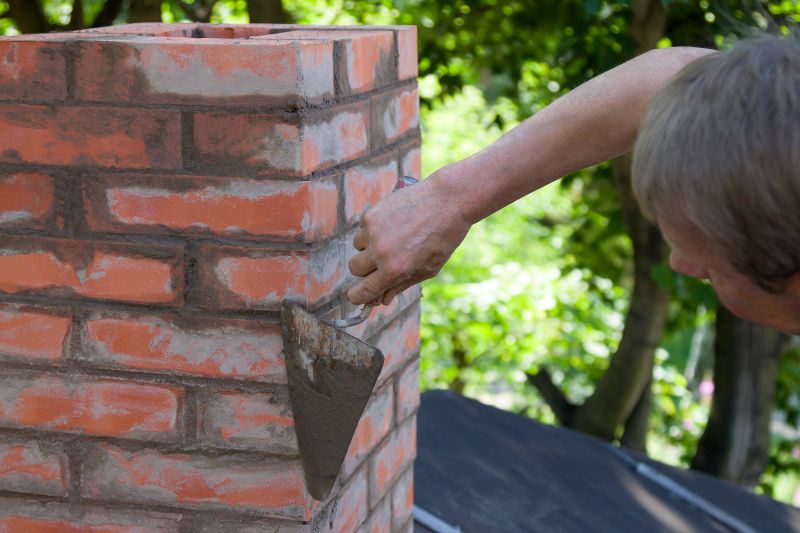
Simple add-ons that improve Masonry Service without blowing the budget.
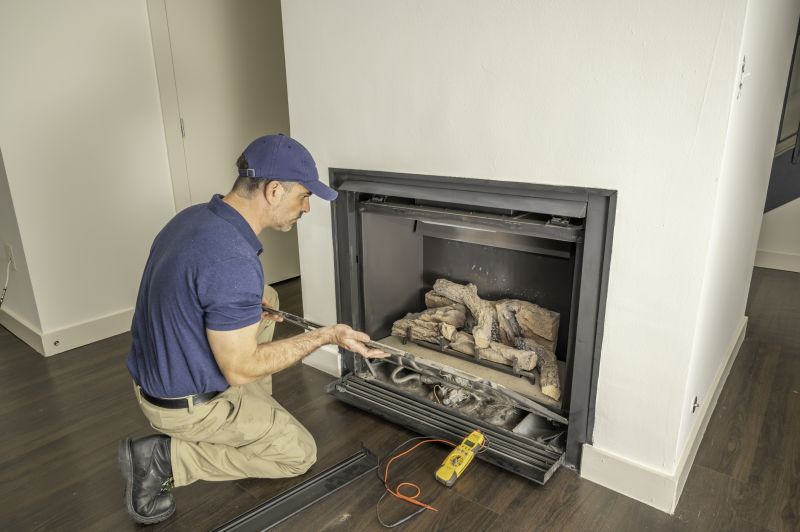
High-end options that actually feel worth it for Masonry Service.

Finishes and colors that play nicely with Masonry Service.

Little measurements that prevent headaches on Masonry Service day.
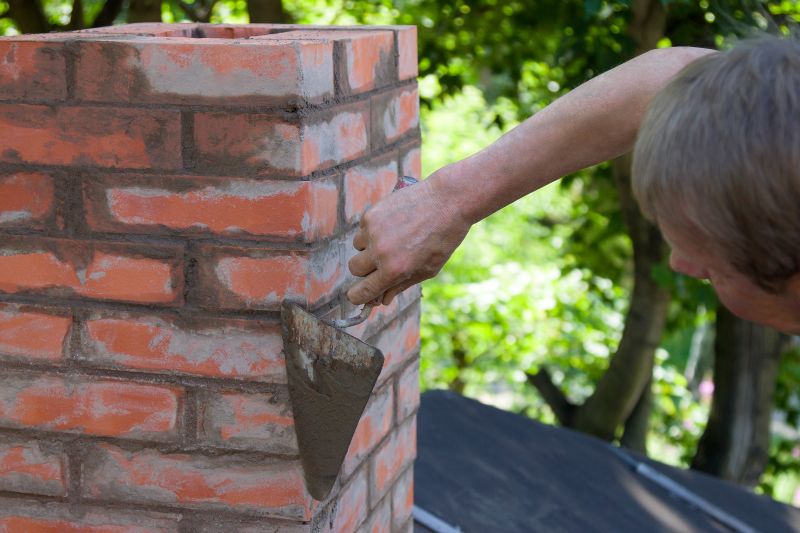
A 60-second routine that keeps Masonry Service looking new.
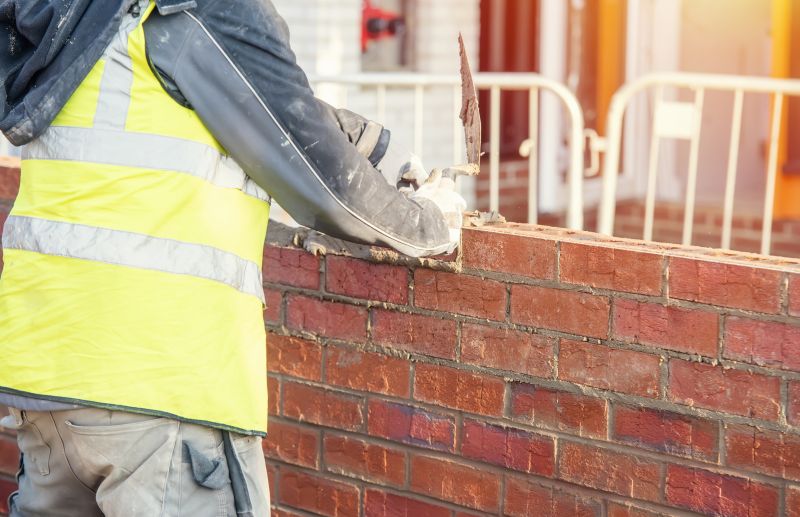
A frequent mistake in Masonry Service and how to dodge it.
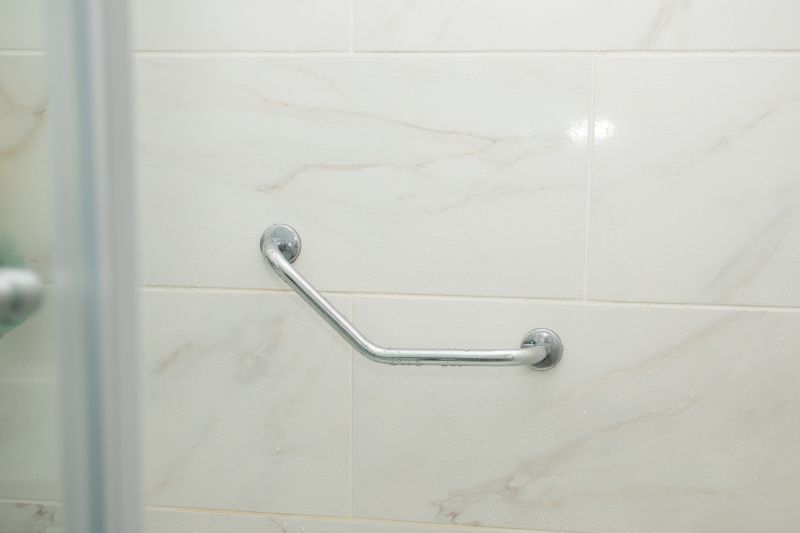
Small tweaks to make Masonry Service safer and easier to use.
| Season | Ideal Conditions |
|---|---|
| Spring | Moderate temperatures, lower humidity, minimal rain |
| Fall | Cooler weather, low humidity, fewer storms |
| Summer | High temperatures, risk of rapid drying and cracking |
| Winter | Freezing temperatures, delays or special precautions needed |
Masonry involves the construction and repair of structures using materials such as brick, stone, and concrete blocks. Proper timing ensures that materials cure correctly, which is essential for structural integrity. Weather conditions significantly influence the curing process, with optimal conditions leading to stronger, more durable results. Statistics indicate that masonry projects completed during favorable weather have a lower incidence of cracking and material failure, extending the lifespan of the structure.
Choosing the right time for masonry service can also impact project costs and timelines. Scheduling during periods with predictable weather reduces delays and additional expenses. Masonry work performed in ideal conditions typically results in better aesthetic outcomes and fewer repairs over time, making timing a crucial factor in project success.
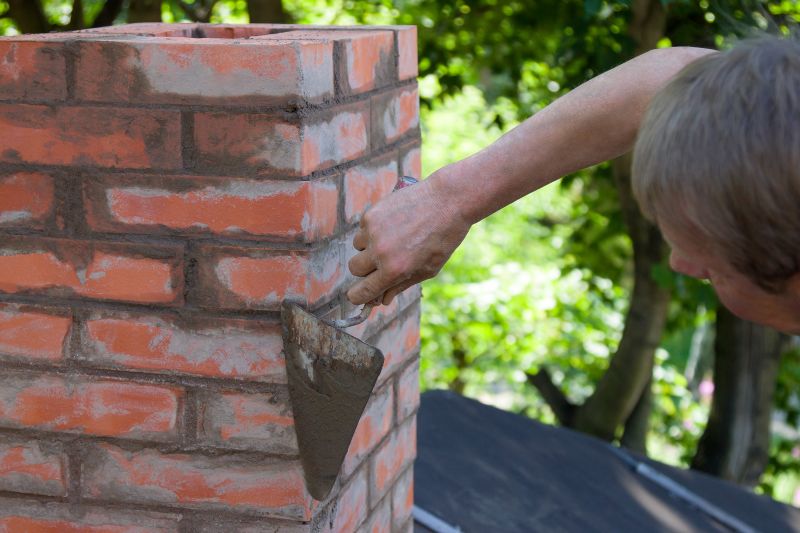
Lower-waste or water-saving choices for Masonry Service.

The short, realistic tool list for quality Masonry Service.
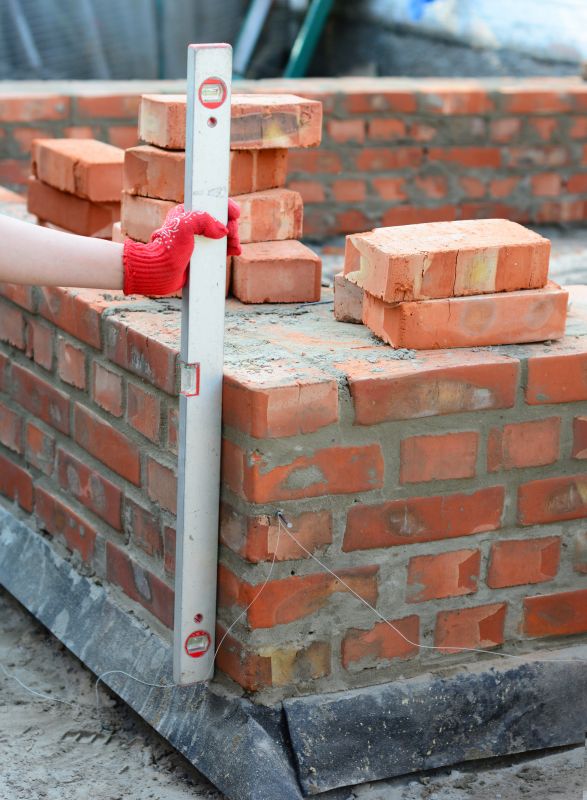
Rough timing from prep to clean-up for Masonry Service.
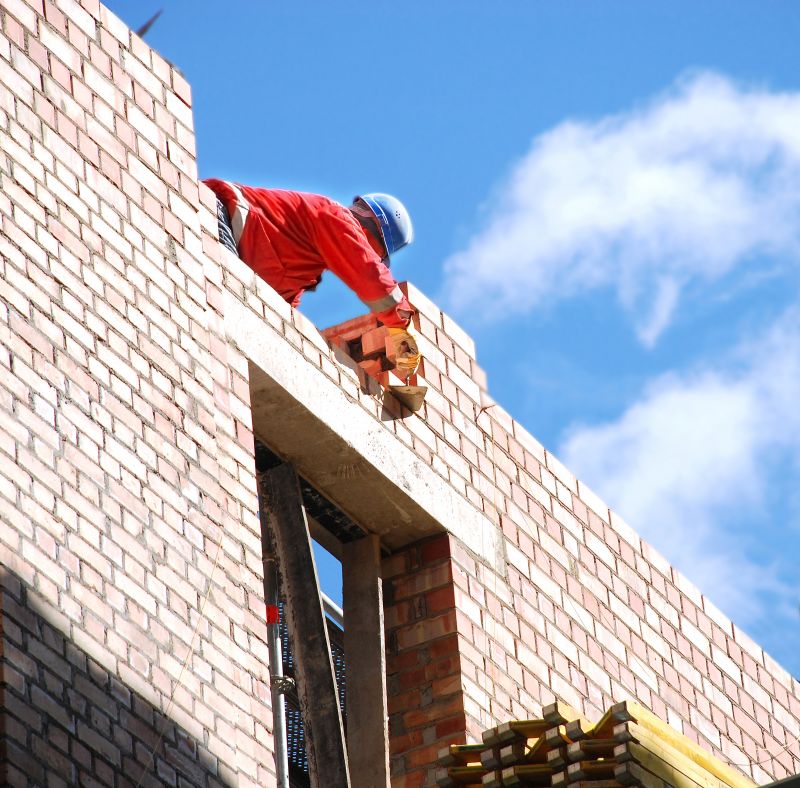
Quick checks and paperwork to keep after Masonry Service.
Interested in scheduling masonry service at the most suitable time? Contact for more information about optimal timing and planning options.
